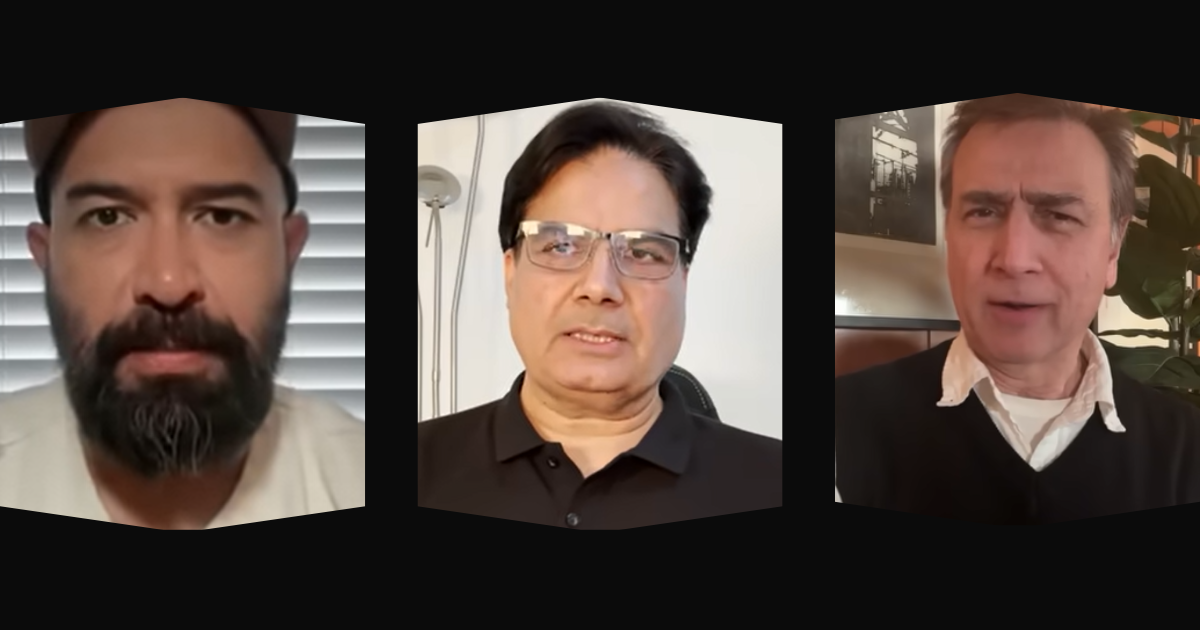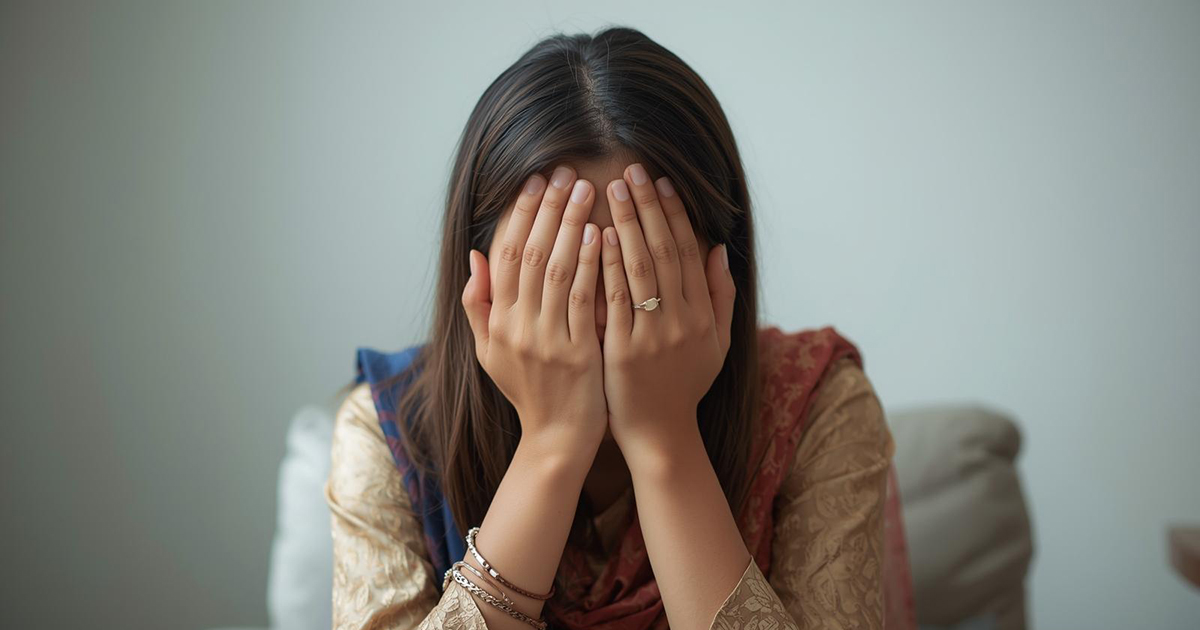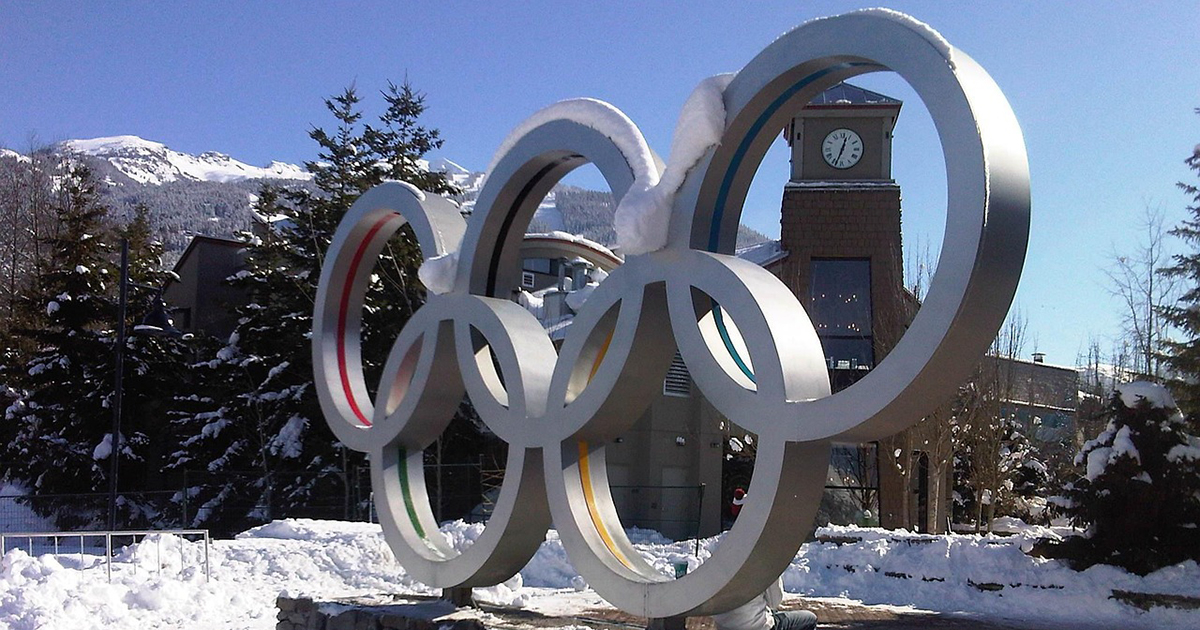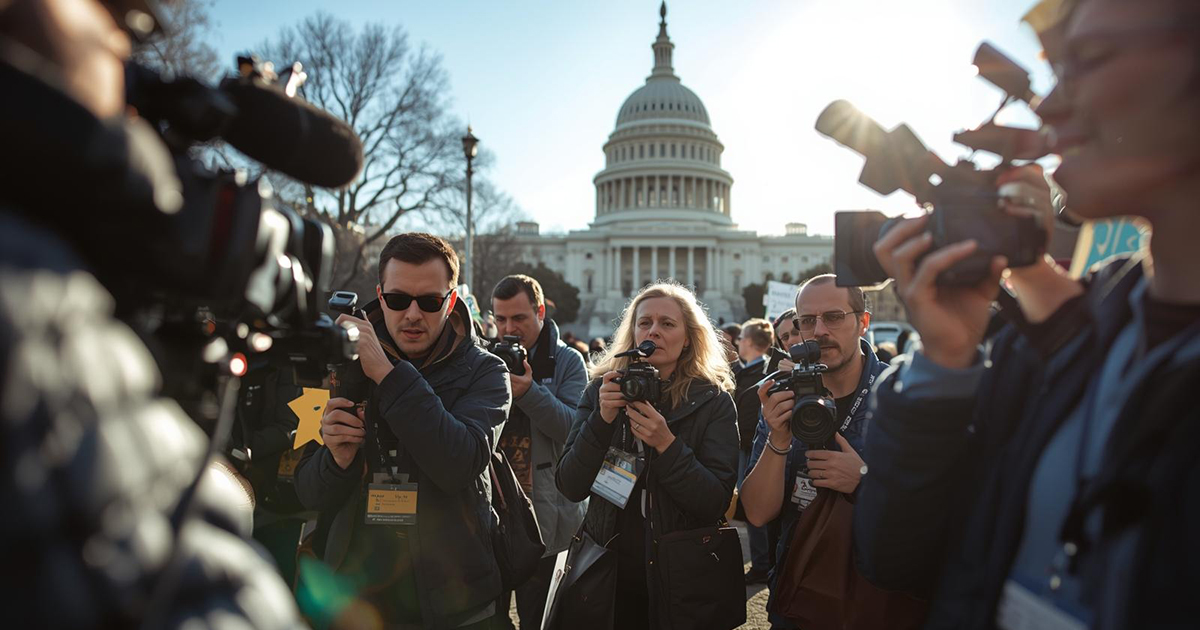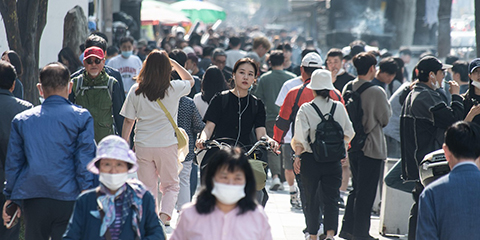No justice for 33 Pakistani journalists murdered in past six years: Freedom Network
JournalismPakistan.com | Published: 1 November 2019
Join our WhatsApp channel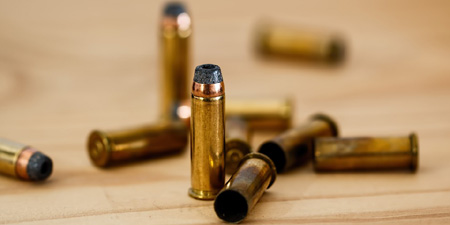
A recent report by Freedom Network reveals that 33 journalists have been murdered in Pakistan since 2013, with no justice served. The findings highlight significant gaps in the investigation and prosecution of these cases, stressing the need for reform.Summary
ISLAMABAD — At least 33 journalists were murdered for their journalism work in Pakistan during the last six years, including seven in the past one year (November 2018 to October 2019), but none of them received justice as the killers remained unpunished indicating total impunity.
Freedom Network, a Pakistani independent media rights watchdog, tracking impunity of crimes against journalists in Pakistan, revealed this in a new report launched on the eve of International Day to End Impunity for Crimes against Journalists (November 2).
The Impunity of Crimes against Journalist Pakistan Report 2019, titled: “100% Impunity for Killers, 0% Justice for Pakistan’s Murdered Journalists: Crime and Punishment in Pakistan’s Journalism World” issued a “Pakistan Impunity Scorecard” which reveals frightening statistics.
According to the Pakistan Impunity Scorecard, a total of 32 FIRs were registered for the murder of 33 journalists during the period 2013-19, of which police could file challan (charge-sheet) in only 20 cases – or just 60%. Out of 33 cases, the courts declared only 20 cases fit for trial (60%) of which the prosecution and trial was completed on only six cases — only 18%. In these six cases, the killer was convicted in just one case but escaped punishment after successfully overturning the conviction at the appeal stage after which the family of the murdered journalist abandoned its pursuit for justice for lack of resources. The net result: justice for 33 murdered journalists – zero percent!
The above statistics include the cases of seven journalists murdered in Pakistan in the past year (between November 2028 and October 2019). FIRs were registered in all seven cases, but challan was filed by police in only four cases (57%). The courts declared all these four cases fit for trial, but prosecution and trial were concluded in not even a single case. In short, none of the cases of seven journalists murdered in Pakistan for their journalism work in the past one year reached the critical stage where the courts could hand a verdict and give them justice.
According to Freedom Network, the impunity enjoyed by the killers of journalists in Pakistan is one of the highest in the world. It said its report is based on a special impunity index developed by it and by examining the FIRs of journalists and interviews with the families, lawyers and former colleagues of the murdered journalists revealing the following startling findings:
Most dangerous medium: Print media journalists in Pakistan are the most vulnerable among those working for various media. Data for the period 2013-19 shows they are 69.6% more at risk of murder than compared to journalists working for TV (27.2%) or internet media (3%) or radio (0%). Of the 23 murdered journalists working for print media, 8 were based in KP (34.7%), 7 in Punjab (30.4%), 5 in Balochistan (21.7%) and 3 in Sindh (13%). In this period, no journalists primarily working for print media were murdered in AJK, GB or Islamabad. Of the 9 murdered journalists working for TV channels, 4 were based in Sindh (44.4%), 3 in Punjab (33.3%) and 2 in KP (22.2%) including 1 in erstwhile Tribal Areas now merged into KP.
Most dangerous regions: data for 2013-19 shows Pakistani journalists are at most risk of being murdered if they are based in KP – 11 were murdered here in this period (33.3%), Punjab – 9 were murdered here (27.2%), Sindh – 7 were murdered here (21.2%), Balochistan – 5 were murdered here (15.1%) and Islamabad – one was murdered here (3%).
Worst enemies of journalists: Mysterious, nameless and unidentified actors (‘unknown’) constitute the biggest threat to journalists in Pakistan during 2013-19 with 18 of the 33 journalists (54.5%) murdered in this period being targeted by them. The second biggest threat source to the lives of journalists are non-state actors – outlawed terror and militant groups, including transnational actors – who murdered journalists. Other threat sources include members of political parties who allegedly murdered 4 journalists (12%) and religious groups and state authorities who allegedly murdered one journalist each (3% each).
Deadly inaction: In three-fourth cases, the local state authorities were pre-informed by journalists of threats they were facing before being murdered. Despite this avalanche of early warning and threat reporting, the authorities failed to prevent their murders.
Incomplete investigation – police failures: According to the family members of journalists murdered, of the 33 journalists murdered in 6 years under review, the police managed to investigate the case sufficiently enough to make the case file move to a court in only 20 cases – or just about 60.6%. In 13 cases, or about 39.4% – the police failed to generate a final challan – or a full investigation report – to submit before a court for trial. In Punjab, the police completed the challan in 7 of its 9 cases (or 77.7%), in Sindh in 6 of 7 (or 85.7%), in Sindh 4 of 5 (or 80%) and in KP 2 of 10 (or 20%).
Incomplete trial – court failures: Of the 33 journalists murdered in Pakistan during the period 2013-19, the cases of only 19 – 57.5% – were declared fit for trial in a court. Of these 19 cases that underwent prosecution, only 6 – or 31.5% of all murder cases and – reached the completion stage. A majority, 12 of the 19 cases (63%), declared fit for trial have never reached the completion stage to allow for a verdict to be reached. Of the 7 cases in Punjab declared fit for trial only 2 (or 28.5%) completed prosecution. Of the 4 cases declared fit for trial in Balochistan only 2 (or 50%) reached the completion stage. Of the 7 cases declared fit for trial in Sindh, only 1 (or 14.2%) reached the completion stage. In KP, only 2 of the 11 (or 18%) cases declared fit for trial, reached the completion stage.
Zero punishment – justice failures: The level of impunity enjoyed by killers of journalists in Pakistan is almost complete. The killer of only one of the 33 journalists murdered in the period 2013-19 was convicted (3.5%). The only case of conviction of an accused killer was at the district court level in KP after which he successfully challenged the verdict and managed to get his conviction overturned at the high court level.
The Impunity Report 2019 makes four recommendations to successfully combat impunity of crimes against journalists in Pakistan, including (i) Enactment of special federal and provincial laws for safety of journalists to obligate the legal system to protect journalists; (ii) Appointing special federal and provincial prosecutors on safety of journalists to improve prosecution of cases; (iii) Enacting safety policies and protocols and annual safety audits in-house at media houses aimed at pre-empting and preventing risks and threats to their journalists and other staff and to pool resources for prosecution of crimes against journalists; and (iv) Decriminalizing dissent in the Prevention of Electronic Crimes Act (PECA) law, including abolishing Section 11 (dealing with hate speech) and Section 20 (dealing with defamation) and Clause 37 (dealing with prerogative of Pakistan Telecommunications Authority to arbitrarily block websites) while vagueness around the phrases included in Section 9 (dealing with glorification of an offense) and Section 10 (dealing with cybercrimes) should also be removed to prevent journalists from being targeted for journalism. — A Freedom Network media release
KEY POINTS:
- 33 journalists murdered in Pakistan from 2013-2019.
- Only one conviction among the cases reported.
- Print media journalists are at highest risk of murder.








